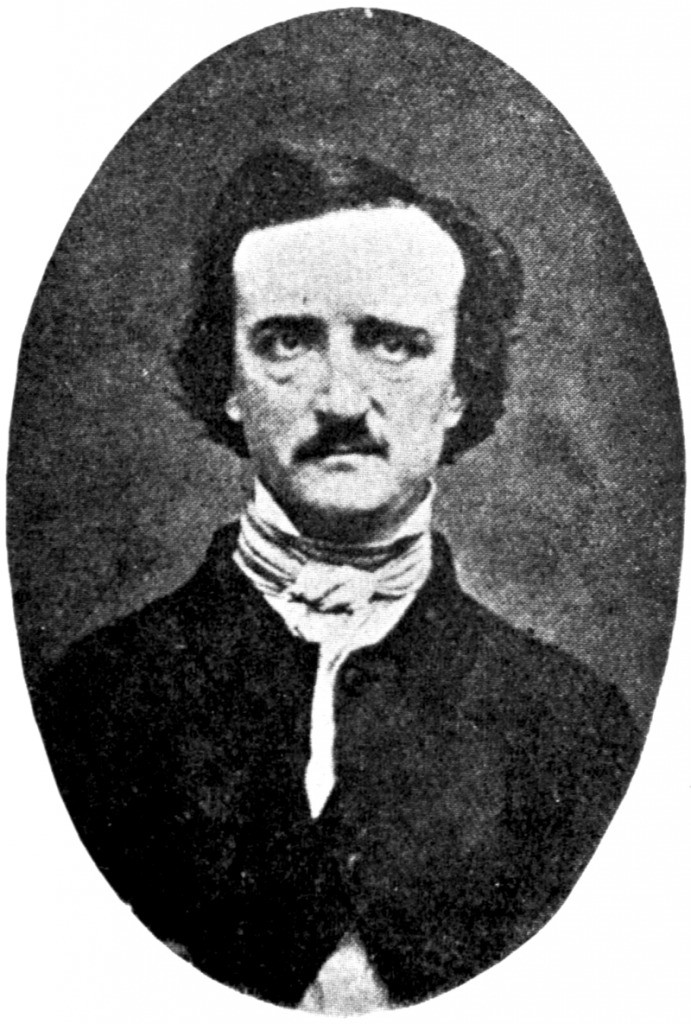It’s Edgar Allan Poe’s birthday. Poe is a figure who has fascinated readers for nearly 2 centuries. His death at the age of 40, on a Baltimore street at election time, has led to speculation that he died of alcohol poisoning, in a political brawl or, more recently, a diabetic coma. His stories also remain enigmatic. He is best known for his gothic horror tales and as the inventor of the literary detective (in ‘The Murders in the Rue Morgue’). The aristocratic and eccentric Auguste Dupin and his narrator-recorder-sidekick are the model for Sherlock Holmes and Dr Watson. His hysterical tale of incest and aristocratic decay, ‘The Fall of the House of Usher’, explores Freudian concepts of Oedipal conflict and the uncanny many decades before Freud even contemplated them. One of his most influential stories, ‘The Man of the Crowd’, combines both in the pursuit of a criminal figure through the labyrinthine streets of a gothic London night, lit by the flickering glare of early gaslight. Walter Benjamin sees this as a story that contains the origins of modernism that would take many decades to catch up with this literary genius.

